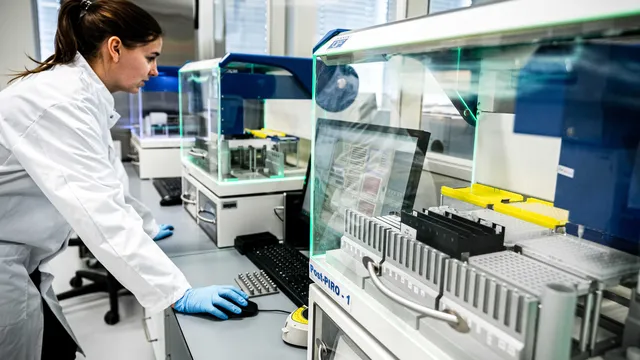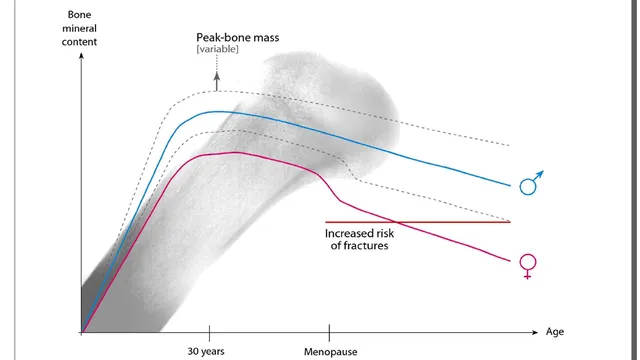Even with adequate protein intake, vegans are not getting the right amount of essential amino acids, according to new research published in Helthline.
Previous studies have emphasized the total amount of protein intake, but this study focuses on protein quality and the availability of specific amino acids. After adjusting for protein absorption, the results showed that only half of the participants achieved the required levels of lysine and leucine.
Amino acids are the building blocks of protein. Of these, nine are essential - the body cannot produce them and they must be obtained through food. Although plant foods contain all the essential amino acids, they are often in lower concentrations and with lower absorption than animal sources.
"Consuming 30 grams of wheat protein is not equivalent to the same amount of soy protein, which is of higher quality and digestibility," commented B.S. Patricia So, lead author of the study and a PhD student at Massey University in New Zealand.
The study involved 193 long-term vegans who kept a detailed four-day food diary. After analysis, it was found that while most met the recommended daily intake of protein (78.8% of men and 73% of women), a significant proportion did not take in enough absorbable lysine and leucine - only 56% and 43.5% respectively reached the required levels.
Soy protein is highly absorbable, while wheat protein contains antinutrients that interfere with complete absorption. This makes it important not just the amount, but the source and composition of the protein ingested.
Experts stress that vegans should carefully combine foods in their menu to ensure they get enough of all the essential amino acids, especially lysine and leucine. | BGNES

 Breaking news
Breaking news
 Europe
Europe
 Bulgaria
Bulgaria







